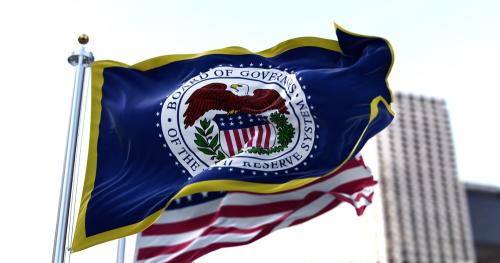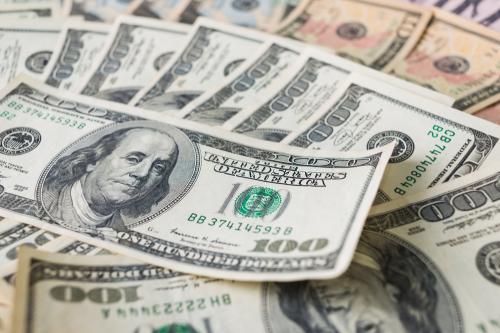Introduction
The US government has been pressuring the Chinese to revalue their currency. The Chinese have kept a fixed exchange rate of 8.28 renminbi to the US dollar since 1995. The US government finds that ‘China’s fixed exchange rate is now an impediment to the transmission of price signals and international adjustment, and imposes a risk to its economy, China’s trading partners, and global economic growth’.
Part of the pressure on China to revalue comes from the Schumer-Graham bill introduced in the Senate calling for a tariff of 27.5 per cent on China’s exports to the United States if the Chinese fail to change its currency policy.2 The figure of 27.5 per cent is the average amount that the sponsors of the Senate bill cite as the undervaluation of the Chinese currency. The bill is expected to be voted on in July.
Of course there is a lot of bluff in such a piece of legislation. It is not in the interests of the United States to block imports from China. The grounds for such an action would be under Article XXI of the General Agreement of Tariffs and Trade that allows members of the World Trade Organisation (WTO) to take any extra action it considers necessary for the protection of its essential security interest. The argument made is that artificially low priced imports from China due to its undervalued currency is jeopardising the manufacturing sector of the United States and compromising US interests. The dubious nature of that argument would surface during any challenge in the WTO which is likely to follow if the legislation is passed.



Commentary
Chinese Currency Revaluation?
June 1, 2005